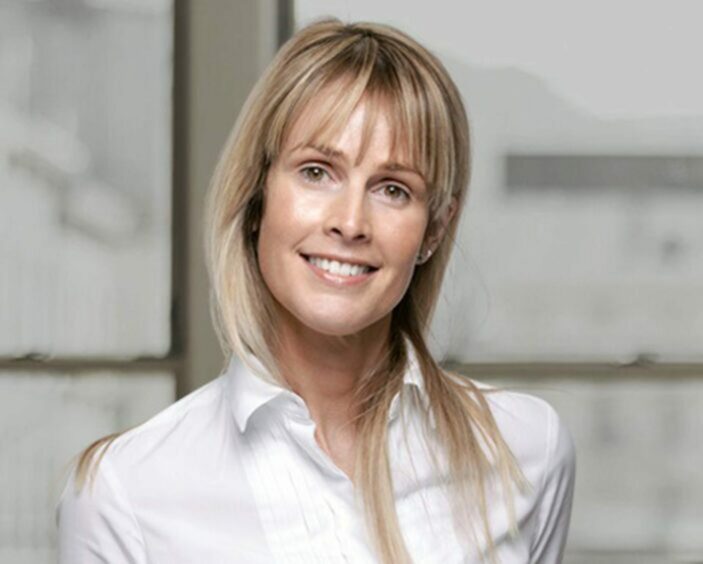
Over the last decade great strides have been taken when it comes to the number of women in board positions with the FTSE Women Leader’s Review reporting a record high for FTSE 350 companies of 42.1% women’s representation.
Good progress but still a way to go. The same report cites a flat line of progress in the UK’s top 50 private companies where women’s board representation is around 31%.
Locally, from personal experience, I know it’s lower than that.
For as long as under-representation remains stubbornly prevalent, greater intervention from government and business is required. However, it’s important that women understand how they can take action to realise their board aspirations too.
Analyse & Research
Becoming a board director shouldn’t be a bucket list exercise. While it may feel like the logical next step, it’s important to ask yourself why you want to join a board.
A genuine interest in what an organisation is striving to achieve is key and so is understanding your personal motivations, together these will help determine the organisations and board roles that are the best fit for you.
Do you want a discipline-specific leadership role, such as a finance director position, or do you aspire to sit on the board of a new energy start-up, or perhaps you want to support a non-profit in the next phase of its growth? Each of these board scenarios calls for a different strategic plan and, depending on the stage of your career, a different time horizon too.
Researching an organisation is an obvious stage in your board role search. If you discover only one other woman on the board, don’t write the business off as tokenistic. Perhaps it’s in the early stages of improving its gender representation or searching for someone who can introduce initiatives that will accelerate its efforts.
Another important part of your due diligence that I highly recommend is to sit in a board meeting as an observer before making your final decision to join the board.
Point Of Difference
At board level, candidates often have similar hard skills and it’s their soft skills that differentiate them.
Identify your strengths, your point of difference, to effectively showcase your skills and experience to the benefit of a future organisation. Don’t overlook cognitive diversity too.
How people think, their perspectives, ideas and problem-solving skills are shaped by different lived experiences, education, ethnicity and cultural background.
When considering whether to apply for a board role, women can be excellent self-saboteurs, and partly, I think that’s because they unconsciously discount their cognitive diversity, which is a great loss for companies hiring for culture-add over culture-fit.
Network & Credibility
Career progression cannot be achieved on your own. No matter how hard you work, or how brilliant your discipline expertise, it also requires support from colleagues, managers, mentors, and people who positively challenge you.
These people are an essential part of your professional network because they have the strongest understanding of your “personal brand”: who you are, how you operate, what your skills, values and aspirations are. They are the people who will encourage you to grab new opportunities and tell other people about you.
Personal referral is a powerful way to find yourself on a board shortlist. That’s why it’s important to prioritise network relevance over network size. Having a large network has its benefits but being connected with lots of people who cannot help you achieve your goal is ultimately pointless.
Your network is an asset, something to nurture and leverage throughout your career. As your visibility increases consider carefully who you trust to discuss your board aspirations and development.
Find people with whom you have a connection, who you enjoy having meaningful conversations with that lead to a clear understanding of what you can bring to an organisation.
A win-win for developing your network and enhancing your personal brand is to secure a voluntary board position alongside your current permanent employment.
This adds to your credibility and provides the exposure and experience you may need to secure a paid board position.
Amanda McCulloch will lead a roundtable discussion on How To Get A Seat At The Boardroom Table at the Women in New Energy (WINE) event presented by Energy Voice on Thursday September 26 at Aberdeen’s Chester Hotel.
Recommended for you
